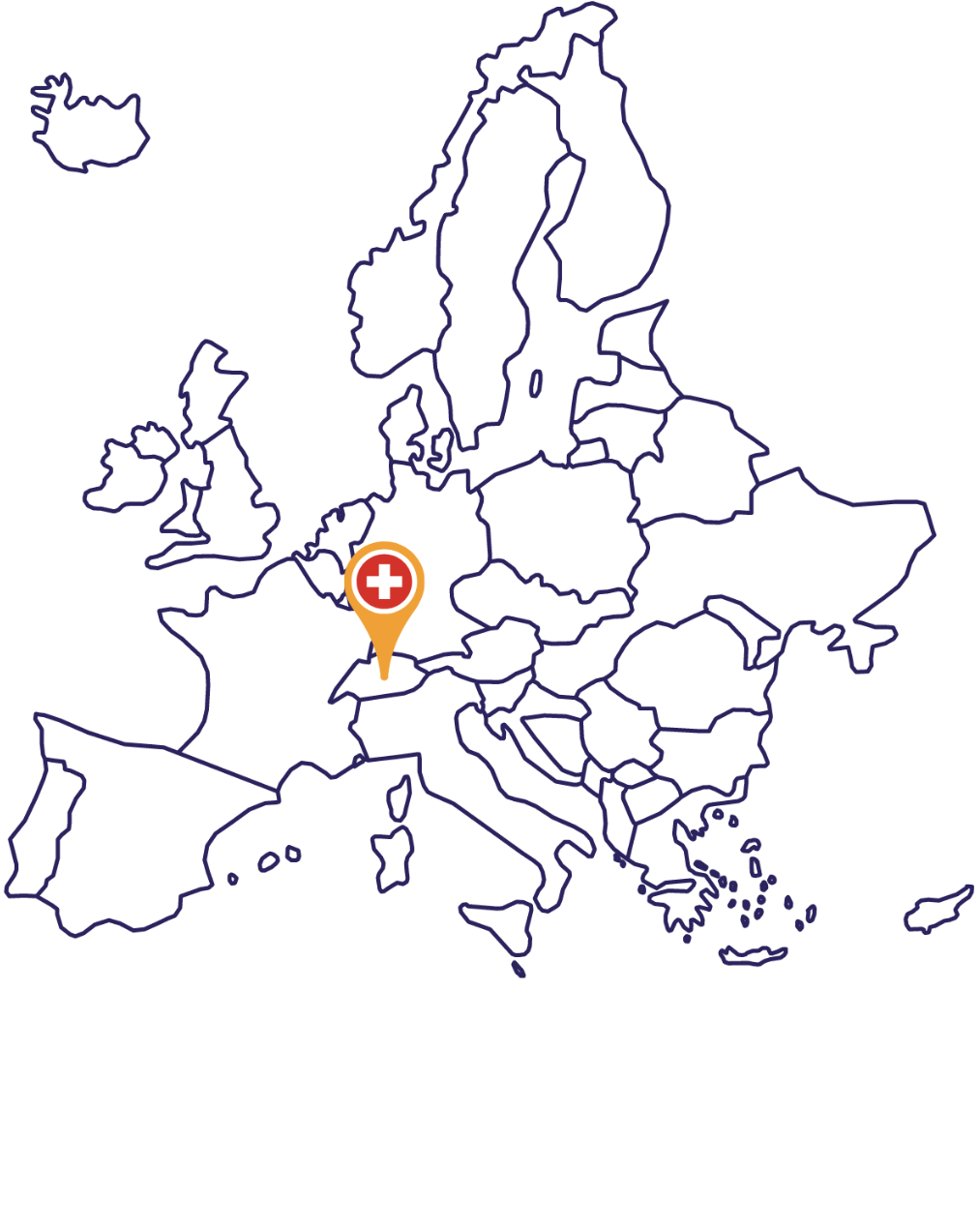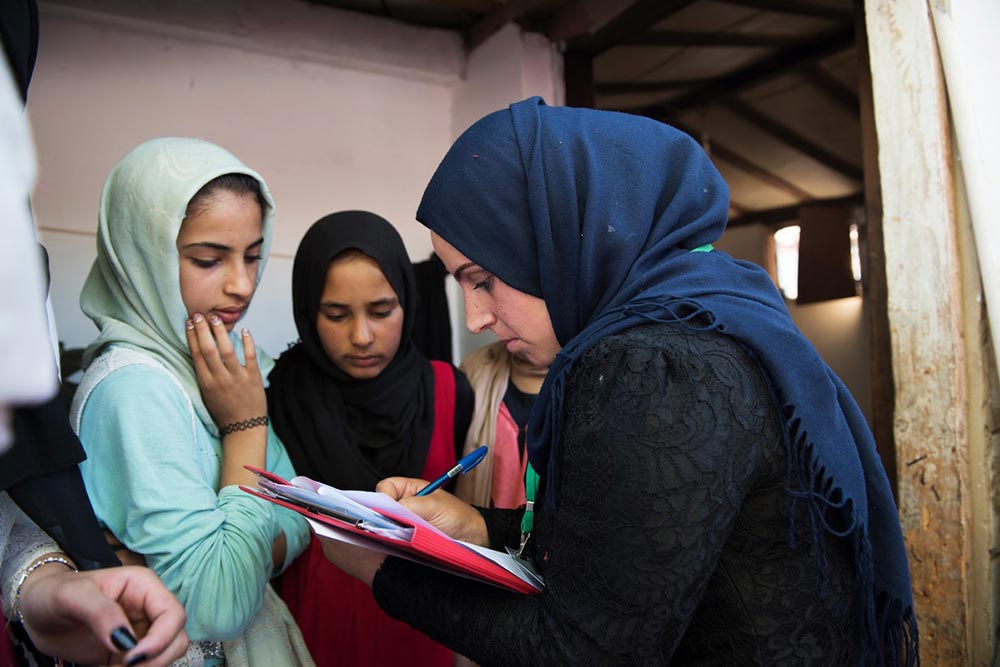Country Profiles
Switzerland
Context
Switzerland considers sexual and reproductive health and rights (SRHR) to be a key factor for a person’s social, economic and health-related development and promotes SRHR for all, which includes empowering women, men and young people. Switzerland works through specific programmes and active participation in international organisations to improve sexual and reproductive health, promote SRHR, and support the health of mothers, infants and young children. Among others, the country supports UNAIDS, the United Nations Population Fund (UNFPA), the International Planned Parenthood Federation (IPPF), and SRH research programmes of several UN agencies and the World Bank. It is also represented in the executive councils of such decision-making bodies such as UNAIDS and UNFPA.

Policies & funding
Health is a priority theme of Switzerland’s International Cooperation Strategy for 2021-2024. The strategy refers to the multi-year Global Health programme (with the same time framework) which includes SRHR throughout the document. Switzerland’s commitment to SRHR is specifically focused in two areas: Firstly, in addressing determinants of health, the Swiss Agency for Development and Cooperation (SDC) wants to contribute to better outcomes on health literacy of disadvantaged people through “health promotion programmes and updated curricula in schools regarding informed choices about sexual and reproductive health, including family planning.” Secondly, in the area promoting gender equality and human rights for health, the SDC wants to contribute to better outcomes in relation to addressing the multiple and intersecting needs and rights of disadvantages groups such as women, younger people and migrants through “evidence-based policy formulation and service provision for SRHR, i.e. access to comprehensive information and education as well as to health services (family planning, counselling and support, quality antenatal care, prevention and treatment of sexually transmitted diseases).”
The engagement of the SDC over the next decade will furthermore follow the Health guidance 2022-2030. This provides an institutional framework to guide SDC’s engagement in health at country, regional and global level. It defines focus orientations of SDC bilateral cooperation programmes, humanitarian action and global initiatives in health and identifies two focus areas of work: 1. Advancing Universal Health Coverage and 2. Addressing the Determinants of Health. Focus 1 “Advancing UHC” includes interventions for strengthening health systems to better respond to public health challenges, including maternal and child health and SRHR. In emergency situations, interventions targeting sexual and gender based violence remain key priorities. Increasing domestic resources for health is another planned intervention among others. In focus 2 “Addressing the Determinants of Health” specific interventions such as in the area education and social inclusion are listed.
In 2021, Swiss official development assistance (ODA) amounted to 3.320 billion Euros (CHF 3.589 billion), 225 million Euros (CHF 243 million) more than in 2020. As a share of gross national income (GNI), Swiss ODA is expected to have totaled 0.51%, compared with 0.49% in 2020. The increase is the result of two supplementary credits the parliament has approved: one to respond to the humanitarian crisis in Afghanistan and the other in the context of the COVID-19 pandemic.

Internationally vocal
Switzerland supports the advancement of SRHR at the international level, including in negotiations for multilateral resolutions. Switzerland has been vocal on SRHR in the Agenda 2030 process and the run-up to SDG 3 and 5. In 2022, Switzerland submitted a Voluntary National Review on the implementation of the 2030 Agenda for sustainable development to the United Nations and presented the report at the HLPF. The Swiss platform Agenda 2030 also presented a civil society report on the Swiss implementation of the Agenda 2030, including several recommendations on advancing SRHR.
The country is also active in defending and advancing SRHR in UN bodies such as the UN Commission on the Status of Women and the UN Commission on Population and Development.


